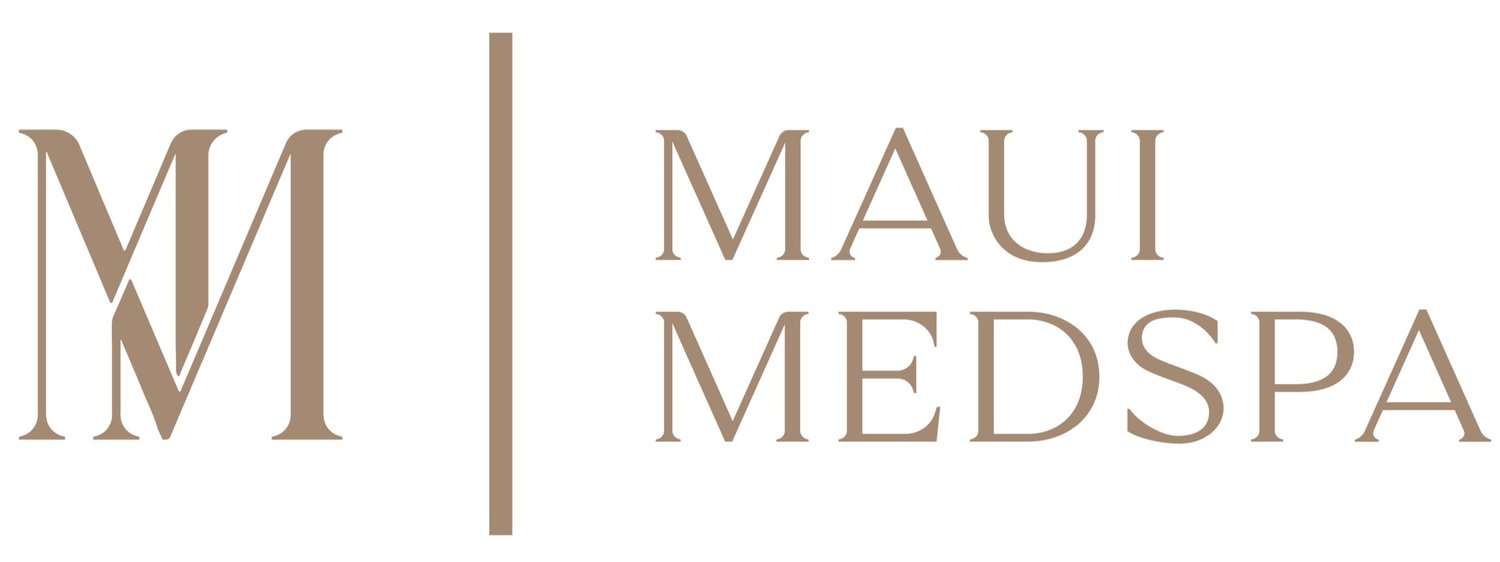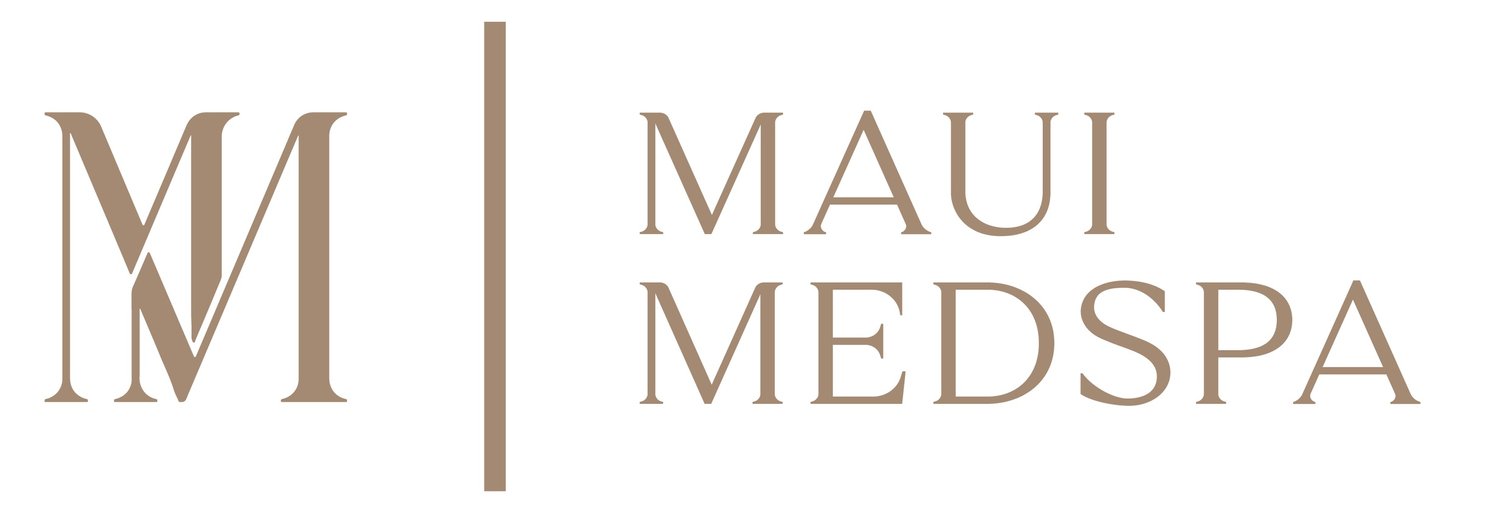Tretinoin vs. Retinol: What’s the Difference & Which Should You Use?
If you're diving into skincare, you've probably heard about Tretinoin and Retinol. These powerful ingredients are often recommended for their anti-aging and acne-fighting properties. While they belong to the same family of compounds known as retinoids, Tretinoin and Retinol differ significantly in their formulation, strength, and usage. Understanding these differences can help you decide which one is best for your skincare needs.
Understanding Retinoids
Retinoids are a class of compounds derived from Vitamin A that have become a cornerstone of modern skincare due to their powerful effects on skin health. They work by promoting cell turnover, which involves shedding old skin cells and generating new ones. This process helps to unclog pores, reducing the likelihood of acne breakouts. Additionally, retinoids stimulate collagen production, a critical protein for maintaining skin elasticity and firmness. As a result, they are effective in reducing fine lines, wrinkles, and acne, making the skin look smoother and more youthful. While Tretinoin and Retinol are both retinoids, they differ significantly in their strength, formulation, and how they affect the skin. Understanding these differences can help you choose the right product for your skincare needs.
What is Tretinoin?
Tretinoin, also known by brand names such as Retin-A and Tretin-X, is a prescription-strength retinoid renowned for its potent effects on the skin. Scientifically referred to as all-trans retinoic acid, Tretinoin is primarily used to treat severe acne, fine lines, wrinkles, and hyperpigmentation. Its high potency makes it one of the most effective treatments available for these conditions. Unlike over-the-counter retinoids, Tretinoin works directly on the skin at a cellular level to accelerate cell turnover, which means it can produce noticeable improvements more quickly and effectively. Because of its strong action, Tretinoin is often considered the gold standard in dermatology for addressing significant skin concerns. This medication not only helps in clearing acne by preventing the formation of comedones (clogged pores) but also enhances the overall texture and tone of the skin, making it smoother and more youthful. Given its powerful effects, Tretinoin is typically recommended by skincare specialist when other treatments have failed to produce desired results.
Strength and Formulation: Tretinoin is available in various strengths, typically ranging from 0.025% to 0.1%. Due to its potency, it is only available via prescription.
Mechanism of Action: Tretinoin works directly on the skin’s cellular processes, promoting faster cell turnover and preventing the formation of comedones (clogged pores).
Usage: Because of its strength, Tretinoin is generally used under medical supervision to monitor its effects and manage any side effects such as irritation, redness, and peeling.
What is Retinol?
Retinol is a milder, over-the-counter form of retinoid that offers many of the same benefits as Tretinoin but with less intensity, making it more suitable for individuals with sensitive skin or those new to retinoids. Unlike Tretinoin, Retinol does not act directly on the skin. Instead, it must be converted into retinoic acid within the skin before it can take effect, which accounts for its gentler nature. This makes Retinol a great introduction to retinoid-based treatments for those who are concerned about potential side effects like redness and peeling. Retinol works more slowly than Tretinoin, but it is effective in promoting collagen production, improving skin texture, and reducing the appearance of fine lines and wrinkles over time. Many people prefer Retinol because it integrates easily into existing skincare routines and can be found in a wide variety of formulations, including serums, creams, and lotions. This flexibility allows users to tailor their retinoid use to their specific skin care needs and preferences.
Strength and Formulation: Retinol is available in various concentrations, usually between 0.1% and 1%. It can be found in many over-the-counter skincare products.
Mechanism of Action: Once applied, Retinol undergoes a conversion process in the skin to become retinoic acid. This gradual conversion makes it less irritating and more suitable for sensitive skin.
Usage: Retinol is commonly used for anti-aging and mild acne treatment. It is a good starting point for individuals new to retinoids.
Key Differences Between Tretinoin and Retinol
1. Strength and Efficacy: Tretinoin is significantly stronger than Retinol. Its direct application as retinoic acid means it works faster and more effectively on skin issues like severe acne and pronounced signs of aging. Retinol, being less potent, is more suited for those with sensitive skin or for individuals looking to prevent early signs of aging.
2. Availability: Tretinoin requires a prescription from a healthcare provider due to its strength and potential side effects. In contrast, Retinol is available over-the-counter and can be purchased in many skincare products without a prescription.
3. Speed of Results: Due to its potency, Tretinoin often shows results more quickly than Retinol. Users of Tretinoin may notice improvements in acne and skin texture within a few weeks, while Retinol users may need to wait several months to see noticeable changes.
4. Side Effects: Tretinoin’s powerful effects come with a higher risk of side effects such as redness, peeling, and irritation. These side effects are generally more intense than those associated with Retinol, which tends to be gentler and less likely to cause irritation.
WHY SKINCARE SPECIALIST PERFER TRETINOIN
For Acne Treatment:
Severe Acne: If you are dealing with severe, persistent acne, Tretinoin is the superior option due to its strong comedolytic properties (ability to prevent clogged pores) and faster action. It directly targets the root causes of acne, leading to clearer skin in a shorter amount of time.
For Anti-Aging:
Advanced Signs of Aging: Tretinoin is more effective at reducing deep wrinkles and significant photoaging. Its powerful formulation stimulates collagen production more effectively than Retinol, providing more noticeable improvements in skin texture and elasticity.
For Overall Skin Health:
Rapid Results: Tretinoin users often see visible improvements in their skin within a few weeks, making it an ideal choice for those looking for quick and dramatic results.
Long-Term Benefits: With consistent use, Tretinoin can significantly improve overall skin health, reducing the appearance of fine lines, wrinkles, and hyperpigmentation more effectively than Retinol.
Who is Right for Tretinoin?
Ideal Candidates for Tretinoin:
Severe Acne Sufferers: Individuals dealing with persistent, severe acne that has not responded to other treatments can benefit greatly from Tretinoin. Its potent formulation helps to clear acne by promoting cell turnover and preventing clogged pores.
People with Pronounced Signs of Aging: Those with deep wrinkles, fine lines, and significant photoaging will find Tretinoin highly effective due to its superior ability to stimulate collagen production and improve skin texture.
Hyperpigmentation Issues: If you are struggling with uneven skin tone or dark spots, Tretinoin can help by speeding up cell turnover and reducing hyperpigmentation.
Patients with Resilient Skin: Individuals who do not have overly sensitive skin and can tolerate stronger formulations are good candidates for Tretinoin, especially when used under medical supervision.
Considerations for Tretinoin Use:
Medical Supervision: Due to its potency and potential for side effects, Tretinoin should be used under the guidance of a healthcare provider who can monitor your progress and adjust treatment as needed.
Skin Sensitivity: If you have very sensitive skin, Tretinoin may not be suitable without professional advice and a carefully monitored introduction process to mitigate irritation and redness.
How to Use Tretinoin Safely
General Tips:
Start Slowly: Introduce Tretinoin gradually to allow your skin to adjust. Start with a lower concentration and increase it as your skin builds tolerance.
Moisturize: Use a good moisturizer to help manage dryness and peeling.
Sun Protection: Tretinoin can make your skin more sensitive to the sun. Always use sunscreen during the day to protect your skin.
Specific Usage:
Tretinoin: Apply a pea-sized amount to clean, dry skin at night. Avoid using other potentially irritating products concurrently unless advised by your skincare specialist.
Choosing the Right Retinoid for Your Skin Needs
Choosing between Tretinoin and Retinol depends on your specific skin concerns, goals, and tolerance. However, Tretinoin offers more powerful and quicker results, making it the superior choice for those dealing with severe acne, advanced signs of aging, or those seeking rapid improvements in their skin's appearance. Consulting with a skincare specialist can help determine the best retinoid for your skincare needs, ensuring you achieve optimal results safely.
By understanding the differences between these two retinoids, you can make an informed decision and incorporate the right product into your skincare routine for healthier, more radiant skin.



